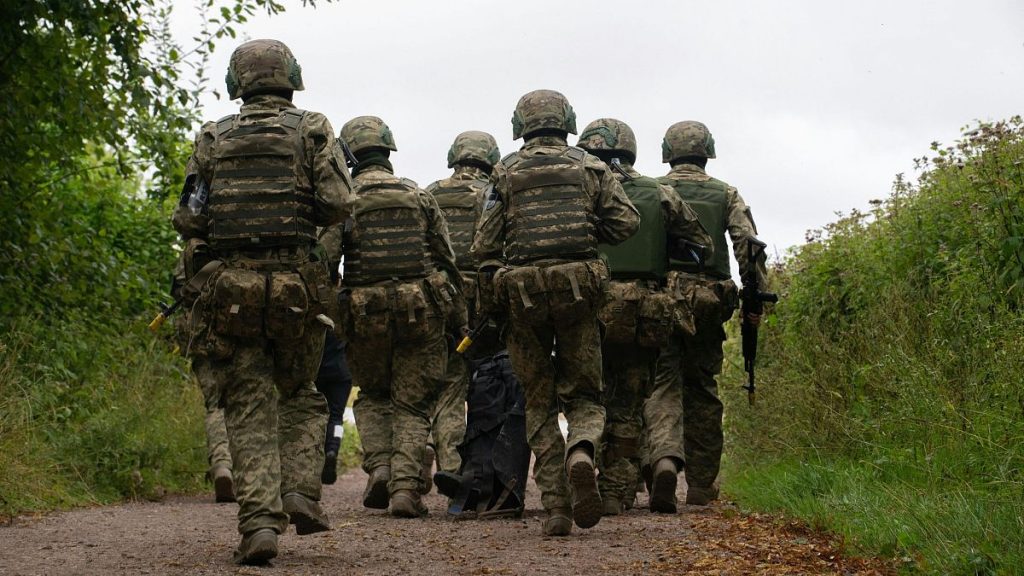Switzerland’s impending inclusion in the European Union’s Military Mobility project marks a significant step in bolstering European defense cooperation and enhancing the rapid deployment of forces across the continent. While Switzerland maintains its long-standing neutrality, its participation in this initiative does not constitute a departure from this principle, as it entails no obligation to participate in collective defense actions. Instead, it focuses on streamlining logistical processes for military movements, ensuring smoother and faster transport of personnel and equipment across borders, a key factor in responding effectively to crises within and beyond the EU’s frontiers. This move aligns with Switzerland’s commitment to enhancing its own national defense capabilities while simultaneously contributing to the broader European security landscape.
The Military Mobility project, analogous to a Schengen agreement for armed forces, aims to dismantle bureaucratic hurdles that impede the swift movement of military assets, encompassing personnel, equipment, and supplies, whether by land, sea, or air. By harmonizing transport regulations and procedures across participating countries, the initiative facilitates quicker response times to emerging crises, contributing to both EU-led operations and multilateral deployments under frameworks like NATO. The inclusion of third countries, including the United States, Canada, Norway, and the United Kingdom, underscores the project’s broader strategic significance, fostering interoperability and strengthening defense partnerships beyond the EU’s borders. Switzerland’s decision to join this select group reinforces its commitment to international cooperation in the security realm.
Switzerland’s involvement in the Military Mobility project is driven by pragmatic considerations aimed at improving its own defense preparedness. The project aligns with Switzerland’s national security interests by facilitating smoother transit for its armed forces within Europe, enhancing its ability to participate in international exercises, and strengthening its capacity to respond to crises. Importantly, participation in this logistical initiative does not compromise Switzerland’s neutrality, as it refrains from any commitment to engage in collective defense actions. This distinction enables Switzerland to contribute to European security without abandoning its traditional neutral stance.
Beyond the immediate logistical benefits, Switzerland’s participation in the Military Mobility project carries broader strategic implications. By fostering closer collaboration with EU member states and other participating countries, Switzerland strengthens its ties within the European security architecture. The project offers a platform for enhanced interoperability, allowing Swiss forces to train and operate more effectively alongside their counterparts from other nations. This improved coordination is crucial in addressing shared security challenges, ranging from humanitarian crises to potential military threats.
In addition to the Military Mobility project, Switzerland is also joining the Cyber Ranges Federation, a separate initiative aimed at bolstering cybersecurity capabilities. This project, coordinated by Estonia, provides a virtual environment for training and exercises, allowing participants to simulate cyberattacks and develop their defensive strategies. By joining this federation, Switzerland gains access to cutting-edge cybersecurity expertise and strengthens its ability to protect its critical infrastructure and digital networks. This dual engagement in both Military Mobility and Cyber Ranges Federation underscores Switzerland’s proactive approach to modern security challenges.
Switzerland’s involvement in these EU initiatives highlights a nuanced approach to security cooperation. While maintaining its neutrality, Switzerland recognizes the importance of engaging with its European neighbors on matters of shared concern. By participating in projects that enhance logistical efficiency and cybersecurity preparedness, Switzerland contributes to the overall stability and security of the region while simultaneously strengthening its own national defense capabilities. This demonstrates a pragmatic strategy that balances traditional neutrality with the need for international collaboration in an increasingly interconnected world.














